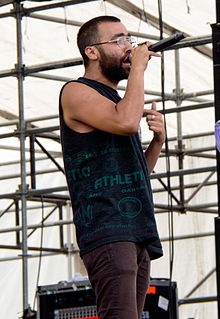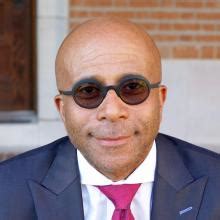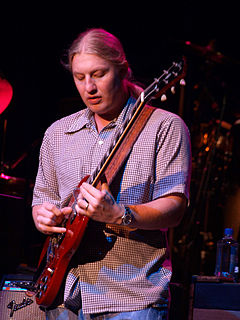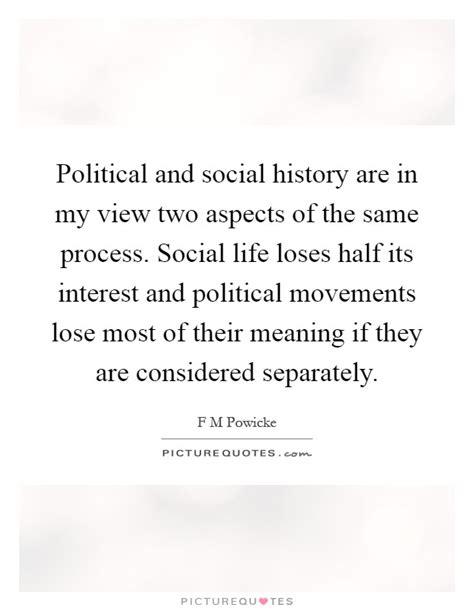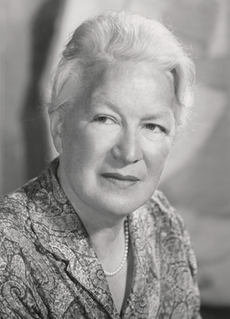A Quote by S.E. Cupp
Hollywood has a long, storied and often problematic history of political protest movements.
Quote Topics
Related Quotes
I think that there has been a long and storied history in America of left-wing movements being actively, systematically, violently destroyed, disrupted, infiltrated, sabotaged, etc. by the U.S. government and its various intelligence agencies and that remains a greater challenge to their existence, traction, popularity, etc. than any sort of ideological infighting.
If we are going to talk about the most recent of the "Indignados" movements in several countries of the world, including Europe, those are social movements but eventually they will evolve into political movements. This will happen because the traditional bourgeois parties have lost credibility after being the main political influence in most countries of Latin-America and Europe in the last 50 or 60 years.
Social media itself is not protest. To tweet is not to protest physically. To do a Facebook post, and though it's critical and crucial, is not to show up and embody the anger you feel, to embody the righteous outrage you feel, to embody the concern you feel. This is about putting feet to pavement and to register in the consciousness of America that this is something that's problematic.
It's a shame for women's history to be all about men--first boys, then other boys, then men men men. It reminds me of the way our school history textbooks were all about wars and elections, one war after another, with the dull periods of peace skimmed over whenever they occurred. (Our teachers deplored this and added extra units about social history and protest movements, but that was still the message of the books.)
... True, we are often too weak to stop injustices; but the least we can do is to protest against them. True, we are too poor to eliminate hunger; but in feeding one child, we protest against hunger. True, we are too timid and powerless to take on all the guards of all the political prisons in the world; but in offering our solidarity to one prisoner we denounce all the tormentors. True, we are powerless against death; but as long as we help one man, one woman, one child live one hour longer in safety and dignity, we affirm man's [woman's] right to live.

